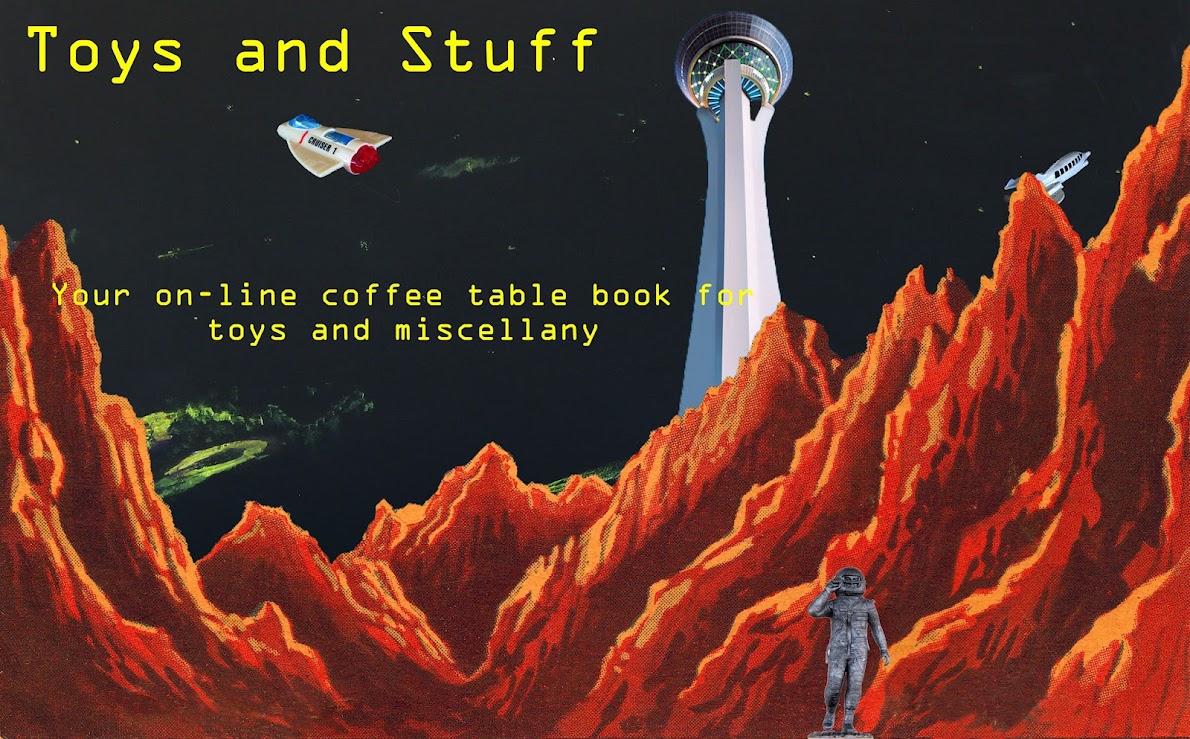For those of you who had been following my posts on Marx train accessories, you're probably wondering why I stopped. Well, just as I was ready to start posting pics of the plastic buildings we lost our external hard drive with all the photos on it. I had always wanted to re-take the photos so it looks like I have no choice. But all is not lost in plastic village land and I have another series of articles just waiting in the wings. The following is an extract of a more complete article published in the Plasticville Collector's Association (PCA) Gazette, However, because of the space limitations the Gazette has to adhere to they tend to show fewer photos so the blog will end up containing more photos.
K-Line
K-Line
started as a part time mail order firm back in the mid-'70s by Maury D. Klein who ended up acquiring most of the
tooling for what had been the old Marxville line of plastic accessories for
3-rail O-gauge trains along. Much of the engine and rolling stock tooling
had either been bought from the court or through warehouse finds elsewhere. Then,in 1982 he had the opportunity to buy
even more tooling when some train molds were left over from the Mexican
Plastimarx Division. These included
freight car body molds (the Marx Deluxe Plastic Cars) and a group of operating
accessory molds. By 1985 MDK was offering a full range of engines, rolling
stock, buildings, accessories, track, and switches under the K-LINE product
line.
K-Line
manufacturing, like so many American businesses, moved off-shore to China where
Sanda Kan Industrial was responsible for the manufacturing process. After a
copyright dispute with Lionel, K-Line filed for Chapter 11 bankruptcy in 2005.
In 2006 Lionel took control of the K-Line brand, tooling, and other assets and
produced the kits under the 'K-Line by Lionel' banner until 2010. Apparently
Sanda Kan retained ownership of the tooling and produced the kits under license
for Lionel. When the license expired the tooling was sold, some if it going to
Atlas, Bachmann, and RMT.
The majority
of K-Line buildings and accessories one sees on the shelf are in fact
Marx. They were designed by Marx
designers and the tooling was Marx for many years until new tooling was
designed for a new line of operating buildings and made with casting resin. The posts that will eventually make it to the blog won't be in any kind of chronological order but what is presented will be as complete
as I know how to make it.
#K-4050 Colonial House
The #K-4050 Colonial House was one of the largest Marx/K-Line plastic buildings and it is grand! It appears the most common color combination
was powder blue walls with black roof and trim but it did come in variety of
colors through the years. Why was this kit
chosen first? Well, logistics has a lot
to do with it. During one of my Man Cave
clean-outs, it was one of the first K-Line structures to be uncovered!
The
'Colonial' period in American history is roughly the 1700s and the Colonial
style house evolved from European styles stemming back even further to the 1600s.
It, along with the Ranch style house, is one of the most popular styles of home
architecture in America and appears as French, Spanish, English, Dutch, German,
Mid-Atlantic, and Colonial Georgian sub-types. After a bit of research, this
architecturally uneducated writer is betting that the Marx/K-Line house is a
Georgian Colonial. In any case it's an attractive design with roots back to the
1600s.
K-line logo location: None (like Marx, not
all accessories had the company logo)
Colors Variations:
1.
White walls and garage cupola; black roof, window shutters, chimney, doors,
dark
green
shrubs along perimeter of house (1986 – 98) (shown here on today's post)
2.
Cream walls and garage cupola, black roof, window shutters, chimney, doors,dark
green shrubs along perimeter of house (1986 – 98)
green shrubs along perimeter of house (1986 – 98)
3.
Blue walls and garage cupola; black roof, window shutters, chimney, doors, dark
green
shrubs along perimeter of house (1986 – 98)
4.
Red first story, white upper story walls; white garage walls; white windows;
black
shutters;
gray roof and chimney (1999 - ?)
Accessories
included:
10-12 pieces
of white board fence
Figures:
Woman
w/child
Milkman
Man in
overalls
Boy roller
skating
Girl jumping
rope























Very nice, Ed, thanks for posting this.
ReplyDeleteThanx Paul! I hope to post more K-Line this year!
Delete